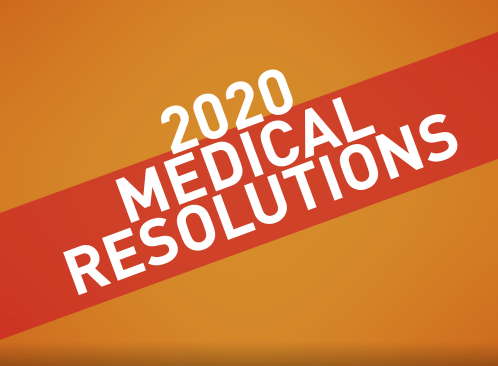1. Trauma care: Saving more lives by training first responders
Dr Lynette Dominguez, surgeon
MSF treats a lot of trauma patients – people who have been severely injured, usually by violence or in a road accident. But there are many people, the most critically wounded, that we are not able save: they die before they arrive at our gates. By training the people who transport the wounded to our health centres and hospitals on how to keep these people alive, we want to save more lives.
2. Maternal healthcare: Family planning to save mothers and children
Dr Severine Caluwaerts, gynaecologist
Medical assistance during childbirth saves a lot of lives, of both mothers and children. But there’s another important way to save lives: family planning. By avoiding unplanned pregnancies, we can avoid a lot of death and suffering – not only for women, but also for their children. MSF wants to expand our family planning services to more of our projects.
3. Outbreaks: Improving community engagement
Gabrielle Schittecatte, medical sociologist
Time is of the essence to contain outbreaks of infectious diseases. MSF is very good at being very fast in responding to outbreaks, but sometimes we’re a bit too fast and we forget to listen to the people we’re helping. Being better at engaging with the communities affected by epidemics will make our interventions more impactful.
4. HIV: New models for saving people critically ill with HIV
Dr Marc Biot, director of operations
In the 1990s, we saw a lot of patients dying of AIDS in hospitals. MSF developed new models of care that enabled the treatment of patients in low-resource settings and brought down the mortality of HIV. But today, still nearly a million people die every year of HIV-related diseases. We need to continue developing new models and we need to implement those in more places, to save more people’s lives.
5. Paediatrics: More attention for chronic diseases
Dr Kemi Ogundipe, paediatrician
Most of MSF’s patients are children with acute illnesses. But many of these children also have chronic conditions and we often overlook those, as they’re not the reasons why the children are in our facilities. We want to pay more attention to these conditions (like asthma, sickle cell disease, and epilepsy), because we know it can prevent suffering and deaths.
